The two elections in Thailand and Türkiye ended with many notable initial results.
 |
| MFP leader Pita Limjaroenrat (in white) celebrates with supporters outside Bangkok City Hall, May 15. (Source: AFP/Getty Images) |
Victory is not absolute
Preliminary results by the Thai Election Commission (EC) show an overwhelming victory for the two opposition parties in the land of golden temples.
Specifically, the March Forward Party (MFP) won 152/500 seats in the House of Representatives (including 113 constituency seats and 39 party-list seats). The Pheu Thai Party (Pheu Thai) came in second with 141 seats (112 and 29 seats respectively).
Meanwhile, the parties in the ruling coalition were somewhat out of breath. The Thai Pride Party (Bhumjaithai) came in third with 70 seats (67 constituency seats and three party-list seats). The People’s State Power Party (PPRP) of Deputy Prime Minister Prawit Wongsuwon came in second with 40 seats. The United Thai Nation Party (UTN) of Prime Minister Prayut Chan-o-cha came in fifth with 36 seats (23 constituency seats and 13 party-list seats). Several factors contributed to the results.
First, the land of golden pagodas is facing many difficulties. During the Covid-19 pandemic, growth in 2020 dropped by 6%. However, after the pandemic, the economic growth rate in 2022 reached only 2.8%, lower than the target of 3.4% and among the slowest recovering countries in Southeast Asia. Political controversies related to the Royal Family led to marches and riots in 2020 and 2021, negatively affecting the image of this country.
Second, the EC said that the voter turnout rate reached 75.22%, higher than the record 75.03% in the 2011 election. This shows the voters' interest in the recent election, and also reflects the desire to find a "new wind" in the context of Thailand facing many difficulties at home and abroad.
Third, the election saw the increasingly important presence of young voters. According to statistics, three million Thai voters exercised their citizenship rights for the first time. Policies specifically aimed at this group helped the MFP, formerly known as the Future Forward Party (FFP), and Pheu Thai win the recent victory.
After the preliminary election results, MFP leader Pita Limjaroenrat said he would seek to build a six-party coalition, including the Pheu Thai Party. The 42-year-old leader has contacted Ms. Paetongtarn Shinawatra, Pheu Thai's prime ministerial candidate and the youngest daughter of former Prime Minister Thaksin Shinawatra, to invite her to join the coalition to form a new government . If the scenario comes true, this opposition alliance will win 293 seats and a majority in the House of Representatives.
However, things are not yet set in stone. To form a government, the opposition needs at least 376 of the 750 seats in both houses of parliament. However, under the 2017 Thai Constitution, all 250 seats in the Senate will be chosen by the military. This means that these lawmakers are likely to vote for candidates with military backgrounds. In 2019, Pheu Thai was the largest party, but Prayut’s coalition mustered enough support to elect him as prime minister. Now, this scenario could repeat itself.
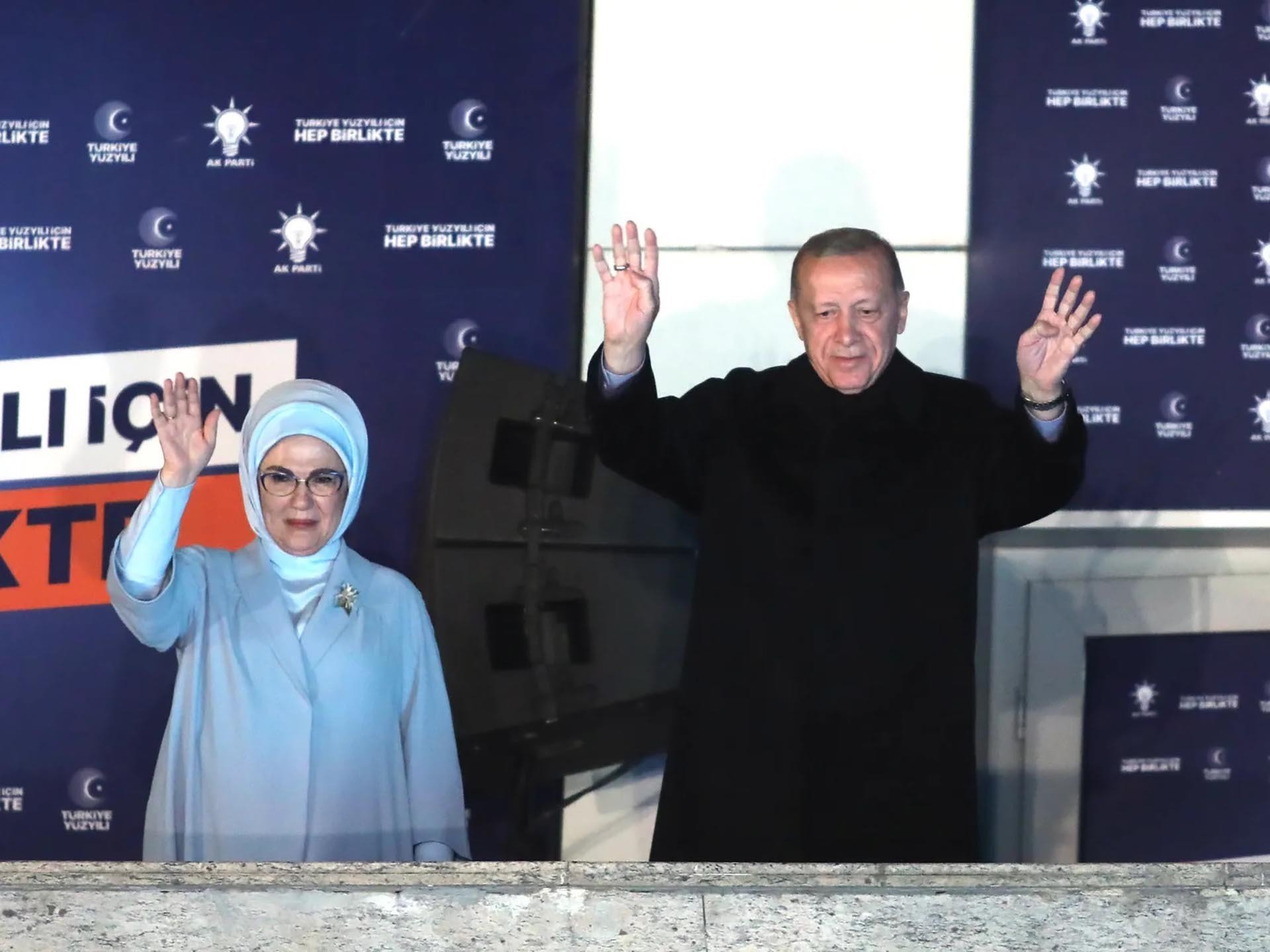 |
| Turkish President Recep Tayyip Erdogan and his wife on election night on May 14. (Source: Getty Images) |
There is still a two-horse race
Meanwhile, in Türkiye, the presidential election has yet to find a winner after the first round.
On May 15, TRT TV (Türkiye) reported that with 100% of the votes counted in the presidential election on May 14, President Recep Tayyip Erdogan won 49.35% of the votes. Politician Kemal Kilicdaroglu followed closely behind with 45%. Candidate Sinan Ogan of the ATA Alliance only had 5.22% of the votes. Meanwhile, Mr. Muharrem Ince, who withdrew, won 0.43% of the votes. Türkiye's election agency still considers the votes he received valid.
Considering the above results, as no candidate won more than 50% of the votes, according to the country's regulations, incumbent President Erdogan and Mr. Kilicdarogu will enter the second round, scheduled to take place on May 28.
This result reflects some notable features as follows:
First of all, the voter turnout in the election reached a record high of 88.84%, reflecting the voters' special interest in choosing the country's leaders.
Second, while still dominant, Mr. Tayyip Erdogan could not win outright like he did five years ago. The results also reflect voters’ attitudes toward the difficulties Turkey is facing, from the Covid-19 pandemic, the Russia-Ukraine conflict that has caused volatile energy prices, high inflation and a continuously depreciating lira, to the devastating earthquake last March.
Ankara needs to find solutions to many problems such as tensions with Athens, the Kurdish issue, the migration agreement with the European Union (EU) or relations with Washington, a major partner in the North Atlantic Treaty Organization (NATO).
Third, although following closely behind the current President, politician Kemal Kilicdaroglu is considered not to have enough weight to defeat Mr. Tayyip Erdogan. In addition, in more than a decade under the leadership of Mr. Kemal, the Republican People's Party (CHP) has not been able to win the final election. At the same time, there are opinions that this politician is too "close to the West", lacking the necessary balance in Turkey's current foreign policy.
It can be seen that although the election has ended, the situation in Thailand and Türkiye is still complicated.
Source


![[Photo] Standing member of the Secretariat Tran Cam Tu chaired a meeting of the Standing Committee of the Organizing Subcommittee serving the 14th National Party Congress](https://vphoto.vietnam.vn/thumb/1200x675/vietnam/resource/IMAGE/2025/10/24/1761286395190_a3-bnd-4513-5483-jpg.webp)

![[Photo] Solemn funeral of former Vice Chairman of the Council of Ministers Tran Phuong](https://vphoto.vietnam.vn/thumb/1200x675/vietnam/resource/IMAGE/2025/10/24/1761295093441_tang-le-tran-phuong-1998-4576-jpg.webp)

![[Photo] Prime Minister Pham Minh Chinh chairs conference on breakthrough solutions for social housing development](https://vphoto.vietnam.vn/thumb/1200x675/vietnam/resource/IMAGE/2025/10/24/1761294193033_dsc-0146-7834-jpg.webp)

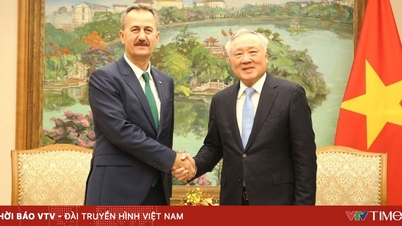

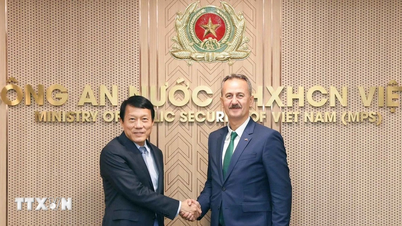

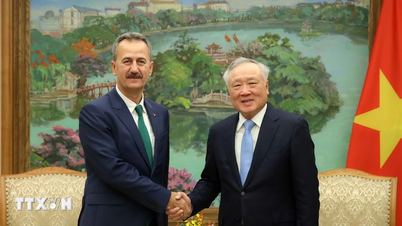
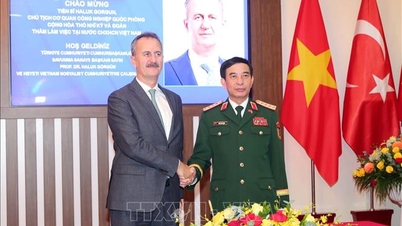

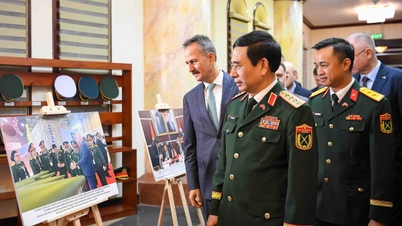


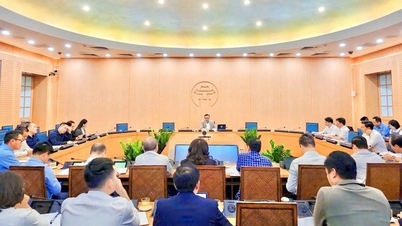

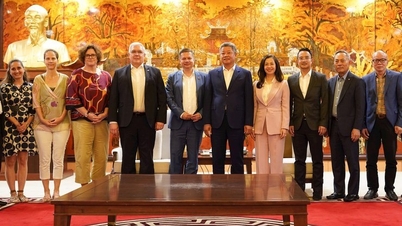
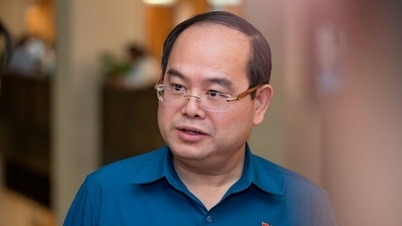

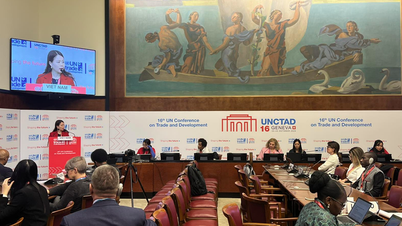





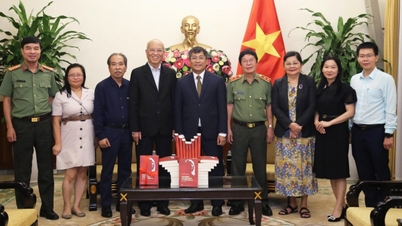
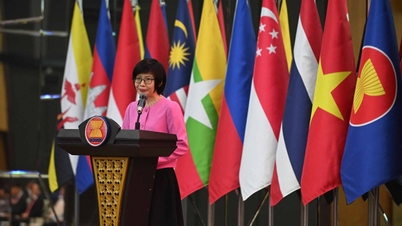
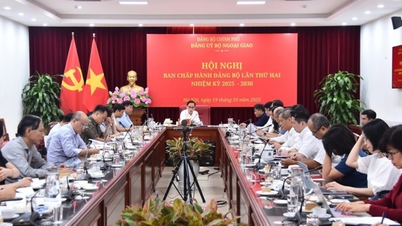
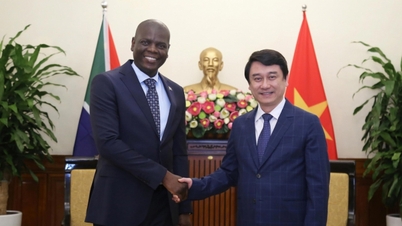
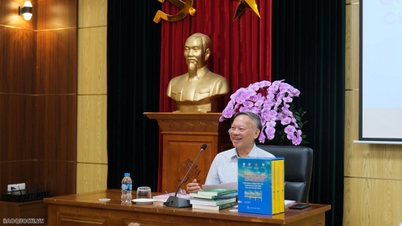
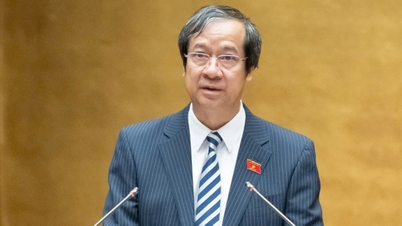


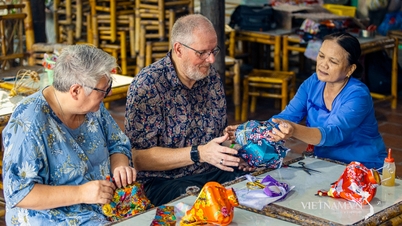

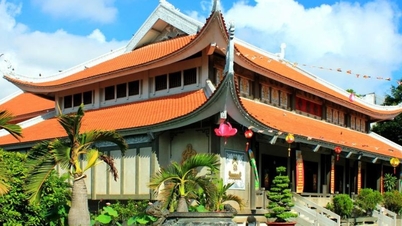



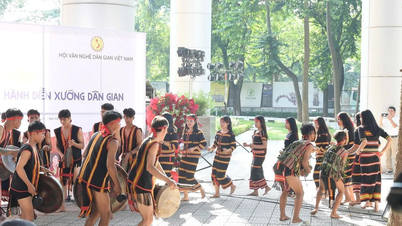



















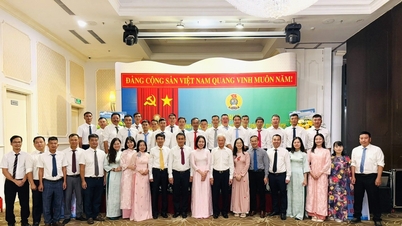






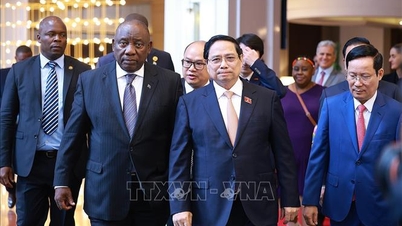
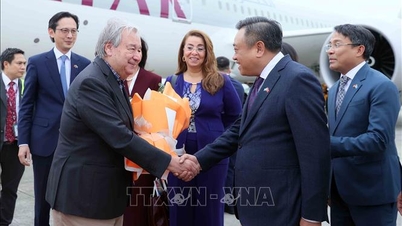
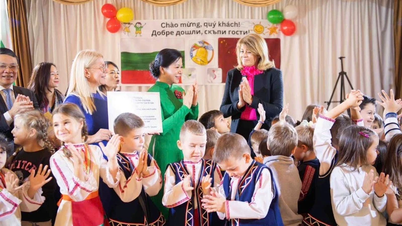


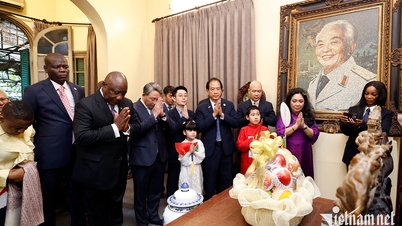




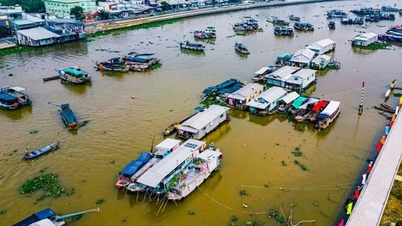
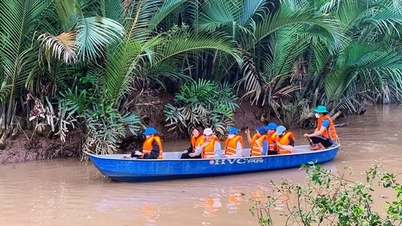
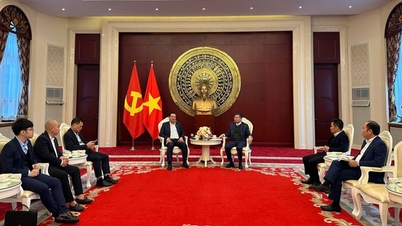
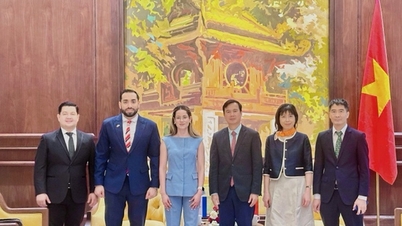

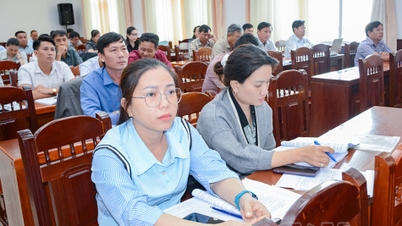



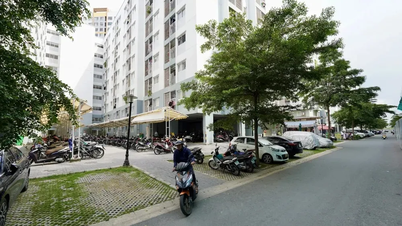






















Comment (0)